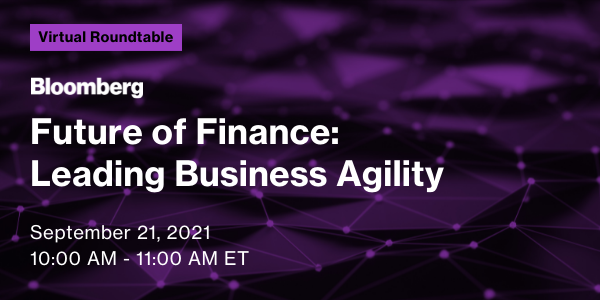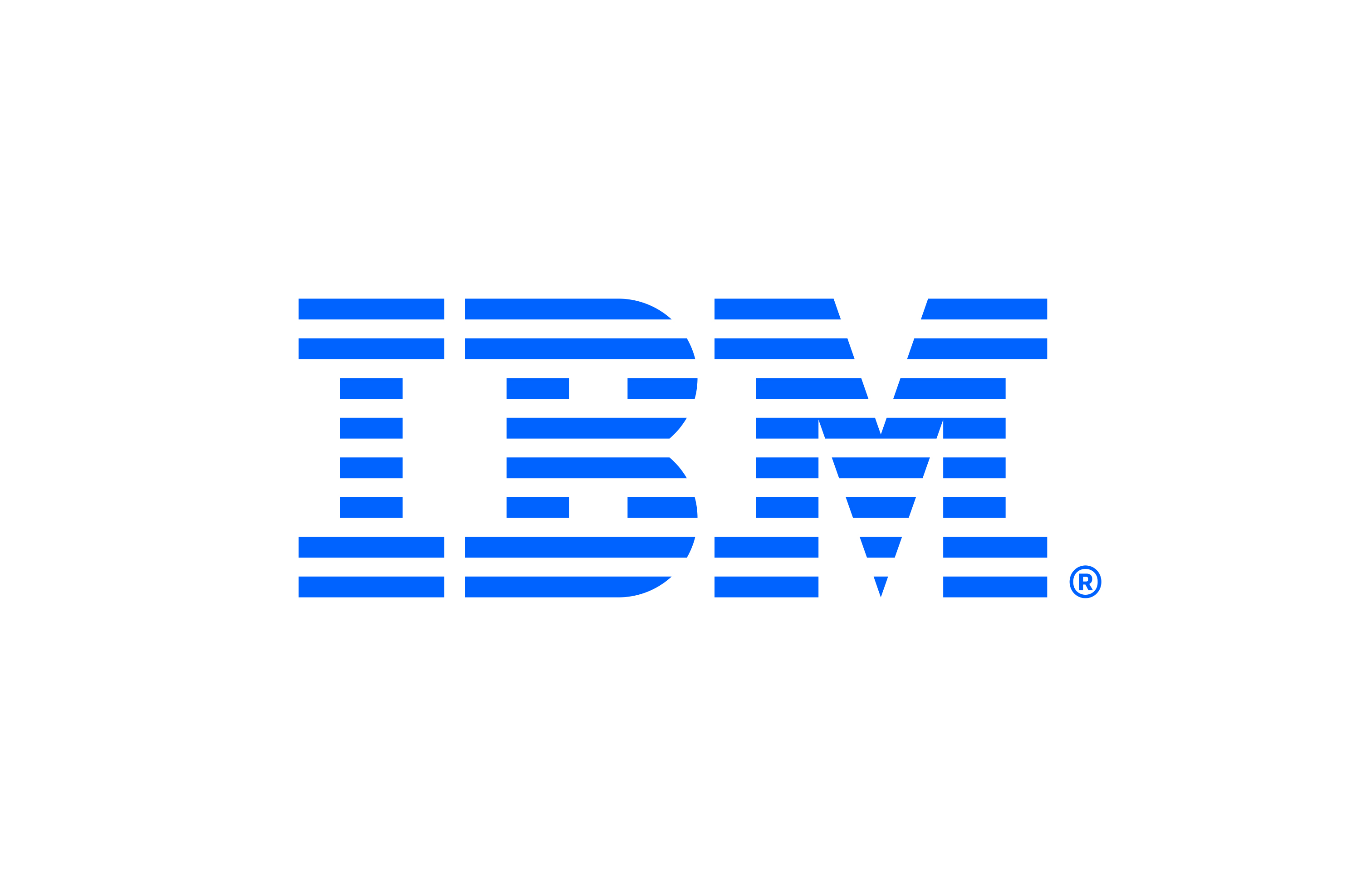
Future of Finance: Leading Business Agility
September 21, 2021
Nicole Sawyer, Senior Editor Bloomberg Live
Event Highlights
Over the last decade fintech’s have shaped the future of finance and put pressure on legacy banks to operate at unparalleled speed and scale. Whether it’s moving infrastructure to a hybrid cloud to cut costs and streamline processes or enhance the customer experience through AI-powered voice assistance and autonomous finance, attendees will share their views on how they are applying technology to innovate their respective businesses.
As more companies move to a modern setup on the cloud, how do you integrate the data across IT infrastructure and bring it all together in a seamless workflow? How is hybrid cloud impacting budget allocation and workload?
On Tuesday, we invited global financial leaders to explore how organizations are adopting an agile mindset to achieve their goals, and where they see the biggest challenges or pitfalls from rising regulatory pressures and data integration to surging competition from non-traditional players.
PARTICIPANTS
Peter Akwaboah, Morgan Stanley Chief Operating Officer for Technology, Operations & Firm Resilience
Mathew Mehrotra, BMO Chief Digital Officer, North American P&B and Wealth Management
Madhu Narasimhan, Wells Fargo EVP & Head of Innovation
Shanker Ramamurthy, IBM Global Managing Partner, Banking
Susan Rousseau, State Street Global Head of Digital Strategy and Emerging Business
JoAnn Stonier, Mastercard Chief Data Officer
Host: Julie Chariell, Senior Analyst, Fintech and Payments, Bloomberg Intelligence
Click here to view the video of the full discussion.
Here’s what they had to say:
To kick off our roundtable, we heard from a leader of our sponsor, IBM. Shanker Ramamurthy, IBM’s Global Managing Partner, Banking, remarked that we are in an “extraordinary moment” in banking and innovation for both “incumbents and disruptors.” With this comes new challenges and competing goals: “Exponential technology and extreme competition in innovation is just accelerating and steepening the curve, and rate and pace at which we’ve got to keep running. That world is both exciting for consumers and customers, and exciting for those of us who are all about driving change and value in the ecosystem.”
Because demands for fintechs are high both in breadth and volume, it can feel difficult to prioritize. Susan Rousseau, State Street Global Head of Digital Strategy and Emerging Business, stated that operational efficiency is one vertical worth prioritizing in order to retain funding. “We look for an opportunity to achieve operational efficiency while adding new capability. Without operational efficiencies, it’s hard to justify the spend.”
When it comes to achieving integration between financial institutions and the technological landscape they are working with, modernization can take on many meanings. To demystify, JoAnn Stonier, Mastercard’s Chief Data Officer, offered: “It’s no longer just system modernization. You’re hearing digital transformation, which has a lot to do with business transformation, which in turn has to do with data transformation. No longer are we just modernizing the methods — the system. What are we hoping to achieve, and what data is necessary? On the data side, it’s a question of what data out of the volumes we can collect that is germane to the problems you’re trying to solve, and how do we prioritize that in the solutions we’re trying to build?”
As Mastercard’s Stonier suggested, at the heart of modernization is dialing in on data. Madhu Narasimhan, Wells Fargo EVP & Head of Innovation, discussed how the proliferation of customer data is accelerating innovation. “One of the things we’re learning to loop back quickly on is not just the experiences we put out, but how our customers are receiving them. That is a big differentiator with the availability of data we have today. Data today is bringing us the availability to figure out where to keep running and where to pivot or stop.”
Data can also be utilized beyond the scope of each individual organization to improve agility. Peter Akwaboah, Morgan Stanley Chief Operating Officer for Technology, Operations & Firm Resilience, spoke on the importance of data-related collaboration across the industry, “not just digital data but data as an asset.” One problem, Akwaboah articulated, “We don’t have a unified data set that we can all leverage from.” Yet, “There are opportunities to come together as an industry to ultimately support our clients in the ecosystem,” to cultivate “reference data” that can be shared across organizations.” There is data “we can all learn from, especially in a cyber world. We are trying to protect the industry, not just one organization.”
Finally, our participants addressed what is needed to meet challenges posed by fintech. “There will be customers, Mathew Mehrotra, BMO Chief Digital Officer, North American P&BB and Wealth Management explained, “that will want to see their finances in the context of the technology they utilize everyday, such as Google.”
“Banks need to both enable partnerships and at the same time, invest in the experiences that we own and operate to give clients a reason to adopt. We need to meet customers where they are. And if they’re with fintechs, we need to be there with them,” said Mehrota.
——————————
Instagram: @BloombergLive
LinkedIn: Bloomberg Live
Twitter: @BloombergLive
Interested in more Bloomberg Live virtual events? Sign up here to get alerts.
——————————
